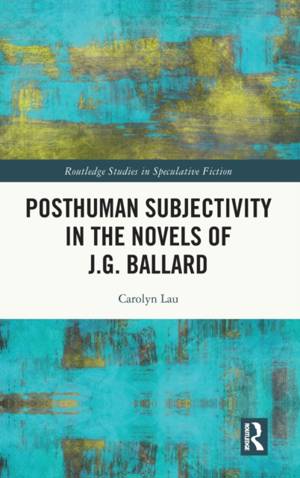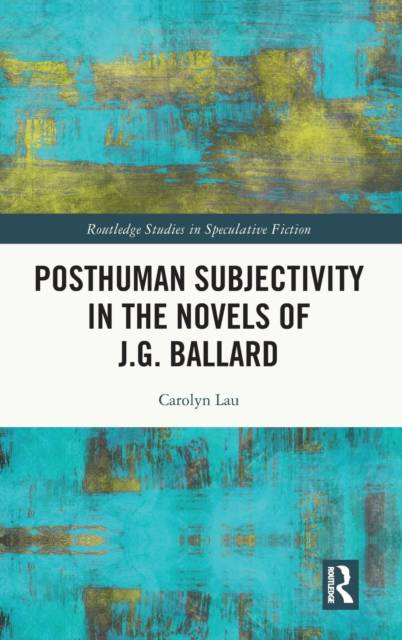
- Retrait gratuit dans votre magasin Club
- 7.000.000 titres dans notre catalogue
- Payer en toute sécurité
- Toujours un magasin près de chez vous
- Retrait gratuit dans votre magasin Club
- 7.000.000 titres dans notre catalogue
- Payer en toute sécurité
- Toujours un magasin près de chez vous
Description
This book proposes that Ballard's novels extrapolate the formation of a posthuman subjectivity that is centred around an affirmative understanding of what a human body can do. This new subjectivity transforms constraints and prescribed desires into creative openings in a hyper-mediated control society that conditions docile bodies through technology and consumerism. Set in surrealist predicaments in postwar affluent Western societies, Ballard's novels remind us of the fragile veneer of order in the familiar every day. In these moments of crisis, complacent characters are compelled to undergo a process of defamiliarisation and transformation of their understanding of the self and the body. The ability to form new relationships with the unfamiliar is imperative to survival in a hostile environment. Ballard delineates both the possibilities and obstacles of forming these relationships. In particular, the author attributes the failure to do so to the irreconcilable contradictions of late capitalism.
Spécifications
Parties prenantes
- Auteur(s) :
- Editeur:
Contenu
- Nombre de pages :
- 204
- Langue:
- Anglais
- Collection :
Caractéristiques
- EAN:
- 9781032188140
- Date de parution :
- 28-07-23
- Format:
- Livre relié
- Format numérique:
- Genaaid
- Dimensions :
- 152 mm x 229 mm
- Poids :
- 458 g







